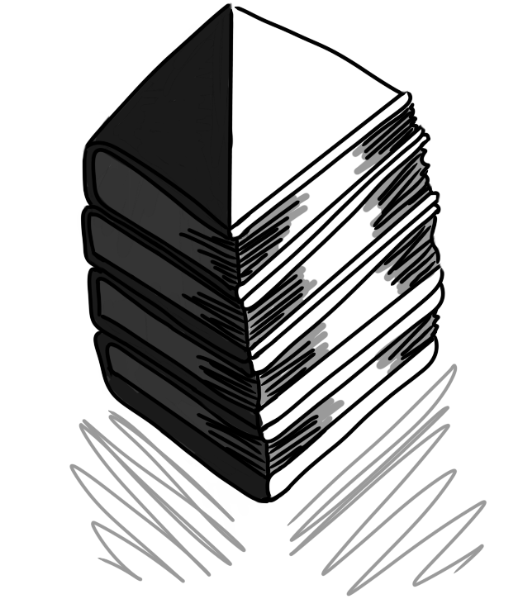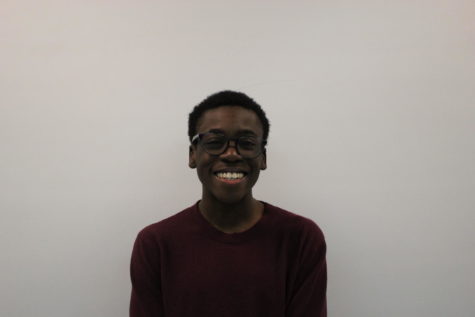Students see room for improvement in diversity of MCPS curriculum
Many students believe that there is still room for improvement in the level of representation and diversity in the MCPS curriculum.
May 11, 2021
School districts around the country have made great strides in recent years for creating more classes and changing their curriculums to help students feel more represented in what they learn. MCPS is a great example of this, as some schools have courses like Middle Eastern History and African-American History, as well as an LGBTQ+ Studies course which is set to pilot next school year. The county has a plethora of courses like these, but only a fraction are widespread at multiple schools, and many are only electives.
Progress has been made, but many students believe that there is still more work to be done to improve inclusivity in our school system. Sophomore Jaiden Burney believes that English curriculums can do a better job of incorporating more content for students of color who are not African American.
“Although English courses have been tailoring their curriculum to represent students of color, they are still leaving behind other racial groups like Pacific Islanders, Asians, Latinx and many others,” she said.
Senior Sarasi Gunasekara agrees with Burney about the lack of representation in the books students read in English classes. Some of these titles include The Odyssey, To Kill a Mockingbird and Of Mice and Men.
“It’s understandable that classical works such as Shakespeare and Jane Austen are important works in literature, but bringing in new works that represent other backgrounds as well as educating students about these unique backgrounds are important,” Gunasekara said.
Burney also said how the content taught in history classes does not always relate to all students.
“We only learn about a small tiny portion of the history of a specific racial group when it involves the U.S. in some way,” she said.
Gunasekara does think that having U.S. History as a required course is sensible since it gives students the chance to learn about the country they reside in. However, she still believes that more students should have the opportunity to learn about their own cultural backgrounds in more courses.
“There are many students who have parents from different countries or are themselves from different countries. These students should also have the chance to learn about the history of their backgrounds as well,” she stated.
In terms of being able to relate to the topics she learned, the happiest Burney felt with what she was learning and how it connected to her culture and background was during a poetry unit in her freshman year.
“One of the options was ‘[Still] I Rise’ by Maya Angelou, and I immediately chose it. That was the first time in my entire life where I truly felt like the author understood my struggles as a black female in a predominantly white society,” Burney explained.
Burney going multiple years through her school career before feeling connected to what she learns indicates how it’s vital for curriculums to change.
Even though there was not a specific time where she felt that she could personally relate to a cultural topic being discussed in class, Gunasekara did highlight a course that she felt allowed her to expand her knowledge about other cultures.
“Throughout my school career, I really enjoyed taking Anthropology. Although my culture/background was not specifically related, it was nice to learn about cultures other than American and European.”
Additionally, Gunasekara, who is South Asian, said how there is a lack of awareness in society when it comes to knowing about South Asian cultures because there are very few courses in school that teach about the area and the customs that are practiced by people who are from the area.
“I believe that if students are able to learn about different cultures, not just South Asian, but Eastern Asian, African, etc., people would be able to become more open-minded and perceptive of the world that they live in,” she said.
For Burney, who has recently expressed her want for more diversity in school curriculums to staff members, she encourages other students to speak with teachers and administrators if they want to see a change be made.
“I feel [like] my peers forget that there is strength in numbers, and together, I feel we have the power to change our curriculums.”




